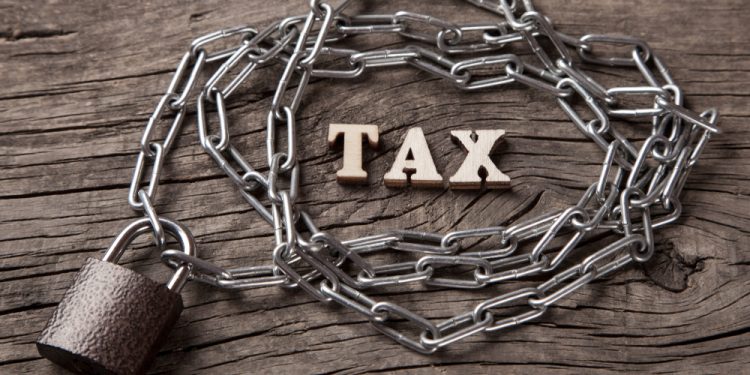Pension savers have now reclaimed £1.2bn in tax overpayments since pension freedom rules were introduced in 2015.
Latest figures from HMRC show that 12,000 savers reclaimed tax during the last quarter of 2023, with the average reclaim being £3,216. HMRC paid out a toal of £28m in overpaid tax during these three months.
HMRC frequency charges too much tax when savers first take money from their pension fund. This has become a particular problem since the introduction of pension freedom rules, which allows more flexible access to pension plans for those aged over 55.
Savers can claim this tax back, but have to fill in one of three HMRC forms to claim a speedy refund. Typically refunds are paid within 30 days. HMRC says those who do not know how to reclaim, or are unaware they have been overcharged, should get the refund paid automatically the following tax year.
There have been calls for HMRC to change its system to stop significant swathes of people overpaying tax, particularly amid concerns that some of these withdrawals are being made as a result of financial hardship.
AJ Bell director of policy Tom Selby says: “We are approaching the 10-year anniversary of former chancellor George Osborne’s pension freedoms announcement at the March 2014 Budget. While those reforms have been widely welcomed by savers, who now have total flexibility over how they access their retirement pot from age 55, the government’s own tax systems remain stuck in the dark ages.
“Almost £1.2bn has now been repaid to savers who were overtaxed on their first withdrawal and filled out the relevant HMRC form to claim their money back.
“Depressingly, the true overtaxation number will likely be substantially higher. In particular, people on lower incomes who are less familiar with the self-assessment process might be less likely to go through the official process of reclaiming the money they are owed. As a result, they will be reliant on HMRC putting their affairs in order.”
He adds that it is “unacceptable” that the government has failed to adapt the tax system to cope with the realities of how people are accessing these pension savings.
Since 2015, HMRC has chosen to tax the first flexible withdrawal someone makes in a tax year on a ‘Month 1’ basis. This means HMRC divides your usual tax allowances by 12 and applies them to the withdrawal, landing hard-working savers with shock tax bills often running into thousands of pounds.
While those who take a regular income or make multiple withdrawals during the tax year should be put right automatically by HMRC, anyone who makes a single withdrawal will likely be left out of pocket.
Advisers says pensions savers can avoid this tax penalty by taking a smaller notional amount initially. Selby says: “This should mean HMRC is able to apply the correct tax code to the second, larger withdrawal.
“Alternatively, you can fill out one of three HMRC forms and you should receive your tax back within 30 days. If you don’t do this, the Revenue says it will put you back in the correct tax position at the end of the tax year.”





